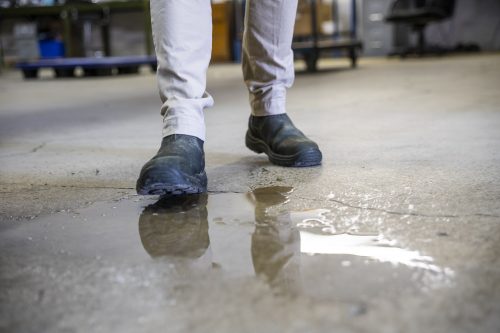
In the State of California, the owner of a property is legally required to take reasonable care to ensure that anyone who is legally on their property is safe from injury. This is referred to as their duty of care. Many things can come under a person’s duty of care, such as ensure there is enough lighting around their property, removing hazards, and more.
In many cases, a person who has a premises liability claim, also known as a slip and fall claim, will find that how likely they are to win will come down to whether or not the owner had a duty of care. Keep reading to find out more about this factor. If you believe you have grounds for a personal injury claim, please contact The Law Offices of Larry H. Parker at 800-333-0000 for a legal consultation.
The legal background of duty of care
In the state of California, it was once a fact that how much duty of care an owner owed to a person came down to whether or not they were a licensee (i.e. tenant), invitee (someone they invited on their property for business purposes), or a trespasser. A person who was an invitee on the property had an elevated duty of care because they were on the property for a business purpose.
For the other two categories, the owner of the property was only required not to intentionally harm anyone on their property. A licensee or trespasser legally had no right of recourse if they were injured on a person’s property, unless the person who injured them intended to injure them.
Today’s duty of care standards
A lot has changed in the area of duty of care. Today, the owner of a property is responsible for preventing hazards on their property and protecting people from known hazards. The injured party must be able to prove that the owner acted negligently in order to win a personal injury lawsuit. The law also states that the property owner has the following responsibilities (amongst others):
- Finding and repairing dangerous conditions
- Proving notice or warning of any existing dangerous conditions
- Replacing safety features
When the court is looking at a case to decide if the personal injury claim is valid, the court will look at the case as a whole and consider where the property was located, how likely the injury was, how serious the injury was, whether the owner knew (or should have known) about the danger, and how easy it would have been for the injured party to prevent their injury.
Do you have further questions about premises liability cases? Have you been injured in a slip and fall accident? Do you want to talk to an attorney who can provide you legal advice on your particular situation? Then contact The Law Offices of Larry H. Parker at 800-333-0000 and ask for a free legal consultation.



